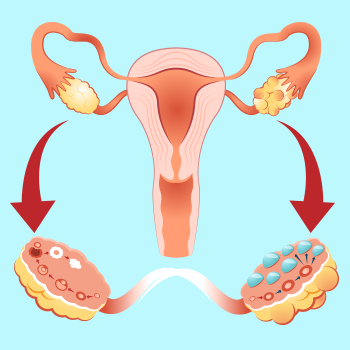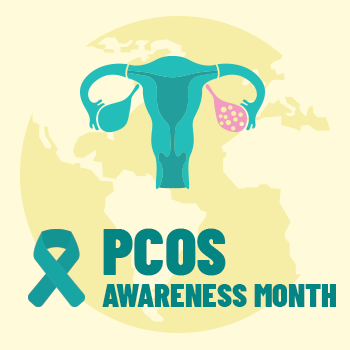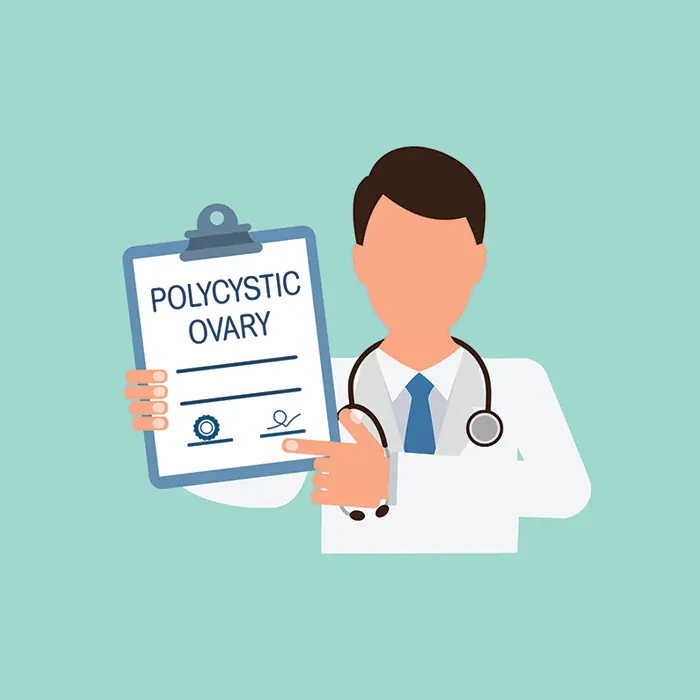
Q: How common is polycystic ovary syndrome (PCOS)
PCOS is a health problem that affects 1 in 10 women worldwide in their childbearing age and it hosts a spectrum of embarrassing and upsetting symptoms for the women. Most of PCOS women did not have proper diagnosis.

Q:What is PCOS?
PCOS is a genetic, hormonal, metabolic and reproductive medical condition that affects a woman’s hormone levels. Women with PCOS produce higher-than-normal amounts of male hormones(testosterone). On an ultrasound scan, polycystic ovaries contain multiple harmless follicles that can measure up to 8mm in diameter. These follicles are underdeveloped and usually unable to grow further. This means, ovulation does not take place which causes absence of periods.

Q:What are some of the signs and symptoms?
i Irregular periods or no periods at all,
ii Difficulty in getting pregnant,
iii Excessive hair growth,
iv Weight gain,
v Oily skin or acne,
vi Fatigue,
vii Insulin resistance,
viii High male-hormone levels.
PCOS is also associated with an increased risk of developing health problems in later life, such as type 2 diabetes and high cholesterol levels.

Q:What can I do about it?
The primary treatment plan for PCOS includes lifestyle changes and medications.
The objectives of treatment aim to – lower your insulin resistance level, regulate menstrual cycle and restore fertility. There are ways to achieve these goals, and it includes diet, exercise and medications. For a more severe case of PCOS, laparoscopic surgery may be able to reduce the number of underdeveloped follicles.

Polycystic Ovary Syndrome Awareness Month
You may wonder if there is a particular month of the year that is dedicated to raise awareness of PCOS. There is – the month of September is designated to raise worldwide awareness of this disorder among the general public, women of reproductive age and young girls.

Why should I consult a PCOS specialist for fertility concerns?
Seeking advice from a PCOS specialist is important for fertility concerns. PCOS specialists can provide tailored treatments to enhance ovulatory function and improve your chances of conceiving. Their expertise supports a healthy pregnancy, reducing risks associated with PCOS-related fertility issues.

How often should I follow up with a PCOS specialist?
The frequency of follow-up visits with a PCOS specialist may vary based on individual treatment plans and the progression of your condition. Generally, it is recommended to have check-ups every 3 to 6 months or as advised by the specialist to effectively monitor and manage PCOS symptoms and treatment outcomes.
If you are interested in knowing more or have decided to get in touch with us, please call us at
Or send us your enquiry